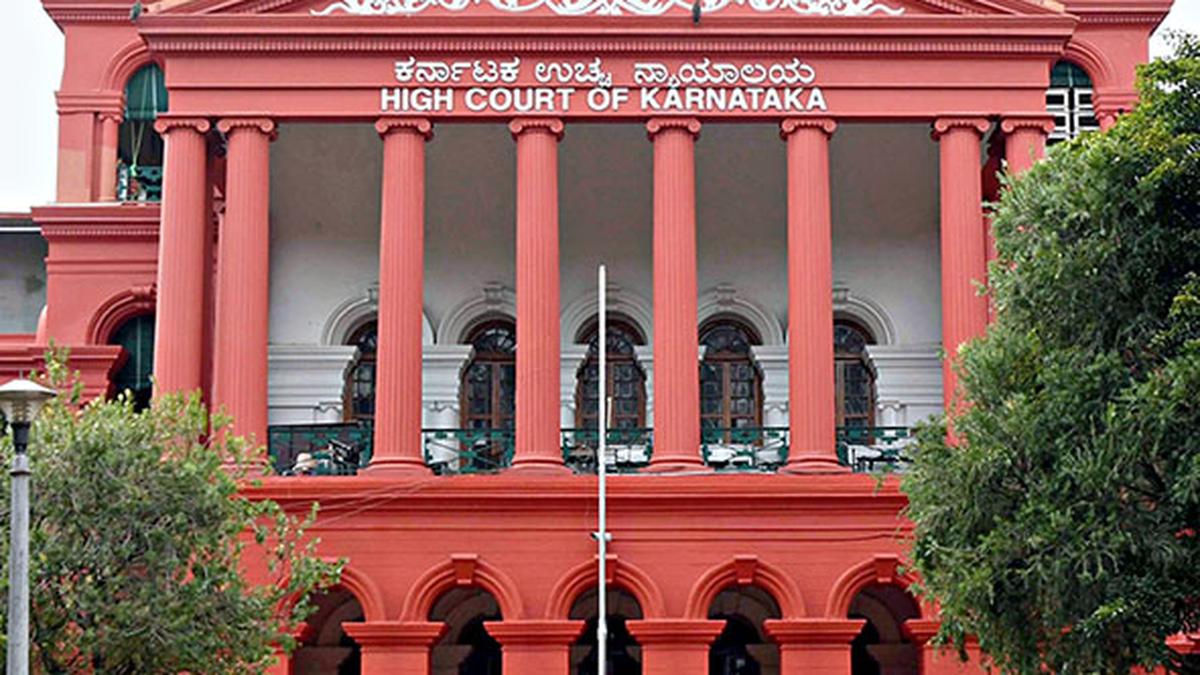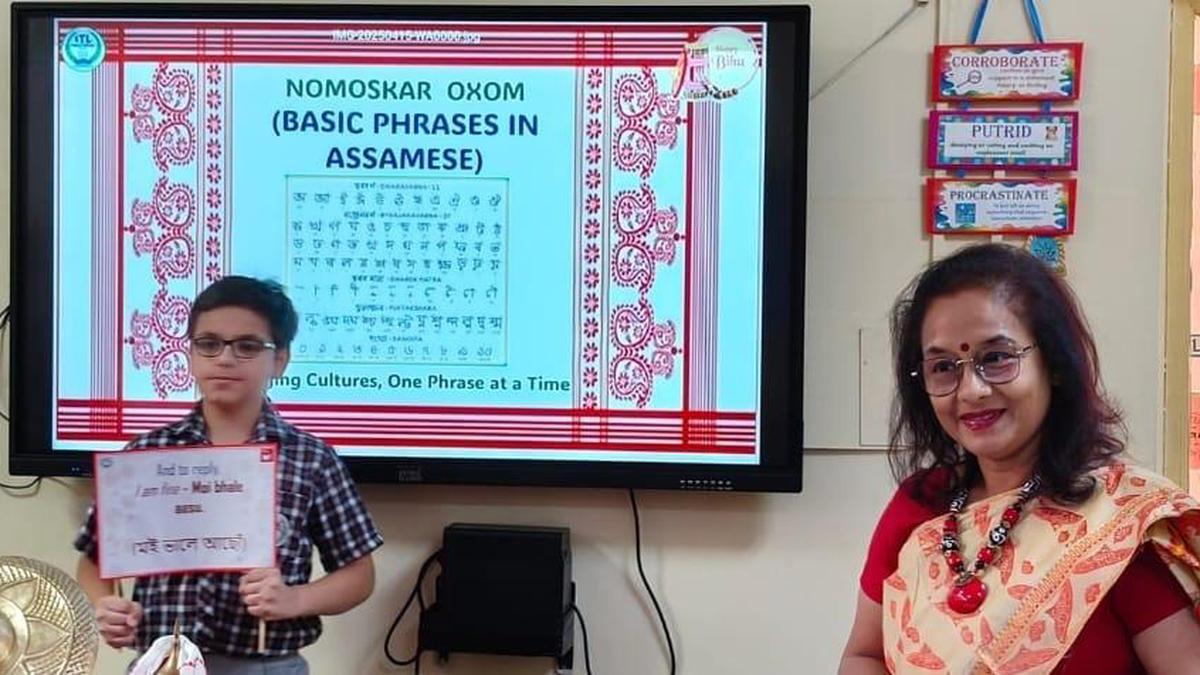
A view of High Court of Karnataka
| Photo Credit: file photo
Declaring that the offence of penetrative sexual assault can be alleged even against a woman under the Protection of Children from Sexual Offences (POCSO) Act, 2012, as this law is gender-neutral, the High Court of Karnataka on Monday refused to quash a criminal case against a 52-year-old woman, who allegedly compelled a 13-year-old boy for sex with her at her residence here during 2020.
The two instances of sexual assaults had allegedly taken place between May and June, 2020, when the accused woman Archana, an artist aged around 48 and the boy who was around 13 years and 10 months old then.
The accused, who was the boy’s neighbour, had come in contact with him through his mother, who initially sent him to the house of the accused to help her post her paintings on her Instagram account following the request made by the accused.
To a therapist
The boy, who was psychologically distressed, had immediately not disclosed the alleged acts to his parents, who later decided to settle down in Dubai and shifted there in August, 2020, along with him and his younger sister.
He disclosed the alleged acts only in 2024 and narrated details to a therapist in Dubai, and then the complaint was lodged with the HAL police station by the boy’s mother in June, 2024.
The boy was aged around 17 when his statements were recorded by the magistrate and the child protection officer. It was alleged that accused woman had convinced the boy not to disclose the acts with anyone, stating that both of them would be in trouble. The accused woman’s husband and daughter are said to be living abroad.
Against woman also
Rejecting the argument on behalf of the accused that offence of aggravated sexual assaults or rape cannot be invoked against a woman, the court pointed out that Sections 4 and 6 of the POCSO Act makes it clear that anyone who “compels a minor child to do penetrative or other sexual acts with him or other persons”, is an offender.
Though the pronoun “he” and its derivatives were not defined under the POCSO Act, which only states that a child is any person below the age of 18, Justice M. Nagaprasanna, relying on the definitions in the Indian Penal Code (IPC), held that the pronoun “he” and its derivatives in POCSO will also have to be used, “of any person, whether male or female.”
“The language of the provision clearly indicates inclusivity,” the court observed.
It was argued on behalf of the accused that the victim boy could not have had an erection if he was in shock when the accused had allegedly made sexual advances. However, the court said, quoting a study, “State of shock is a psychological concept. Erection is purely a physiological or a biological concept. Psychological concepts would not sometimes control physiological and biological actions.”
No stereotypes
To the submission that in an intercourse the woman is only a passive participant and a man is an active participant, the court pointed out that “this thought itself is archaic”. It said that the jurisprudence of the present times “does not allow stereotypes to cloud legal scrutiny”.
The delay of four years in registering the complaint and non-conduct of potency test of the boy, cannot become the reason for quashing the case, owing to the alleged offence and the age of the victim boy, the court said.
Published – August 18, 2025 09:50 pm IST



